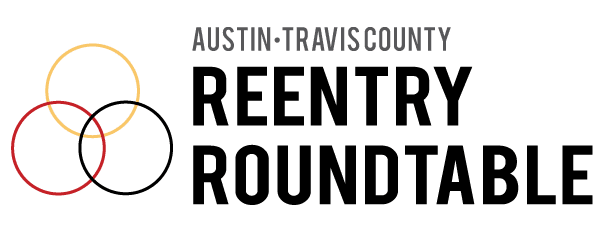Written by Barbara Ornelas, Reentry Advocacy Fellow
Addiction is a complex beast that can easily find its way into our lives, manifesting in various forms. While substances like drugs and alcohol often take center stage in discussions about addiction, there’s another type that operates in the shadows, hidden within the thrill-seeking experiences that some individuals crave. This type of addiction revolves around the release of adrenaline—the body’s natural “fight or flight” hormone. Just like substance abuse, this adrenaline addiction can have profound effects on a person’s life, yet it’s often overlooked or dismissed.
Picture racing down a racetrack in a hell-cat, the wind whipping against your face, heart racing, and senses sharpened. Imagine the sensation of leaping from an airplane, hurtling towards the earth at pulsating speeds, with the parachute barely opening in time. This experience embodies the adrenaline rush—an intoxicating blend of heightened awareness, racing heartbeats, and a surge of energy that can swiftly become an addiction. For me, fighting was my primary avenue to chase this adrenaline high. It became my reliable trigger for that intense rush. Unfortunately, this choice had grave consequences. When adrenaline addiction takes hold, it can lead to a series of choices that prioritize rush over reason. Engaging in high-risk behaviors like dangerous driving, extreme sports without proper safety precautions, or even participating in illicit activities to satisfy the craving for excitement can eventually catch up with individuals. The line between calculated risk and recklessness blurred as I consistently placed the fight above rational judgment. This pattern ultimately resulted in encounters with the law, and I found myself facing legal repercussions that led me to spend almost six years in prison.
Recognizing the detrimental cycle marked a significant turning point for me. I had to tune into my body and discern my triggers—those circumstances that nudged me toward losing control. One of these triggers was my hometown. It was the place where I was known as the “bad ass”, and for some reason, I felt compelled to uphold that image. Witnessing how this impacted my children, as they began emulating my behaviors, struck me profoundly. I was overcome with shame, and this realization prompted me to take action.
Establishing boundaries regarding my visits to my hometown became an essential yet absolute decision. I no longer wished to be associated with the “badass” persona; I aspired to better outcomes, both for myself and my children. I wanted them to neither idolize nor replicate the life I had led. It was time to redefine my identity and demonstrate an alternative path for them to follow.
People often tell my children, “You are just like your momma,” and unfortunately, it’s not meant as a compliment. They refer to the person I used to be, and it stings. But now, I’m determined to turn that supposed insult into a source of pride. My life’s mission is to transform their words into admiration. The next time someone tells one of my children, “You are just like your momma,” I want my child to be able to say, “Thank you.”
